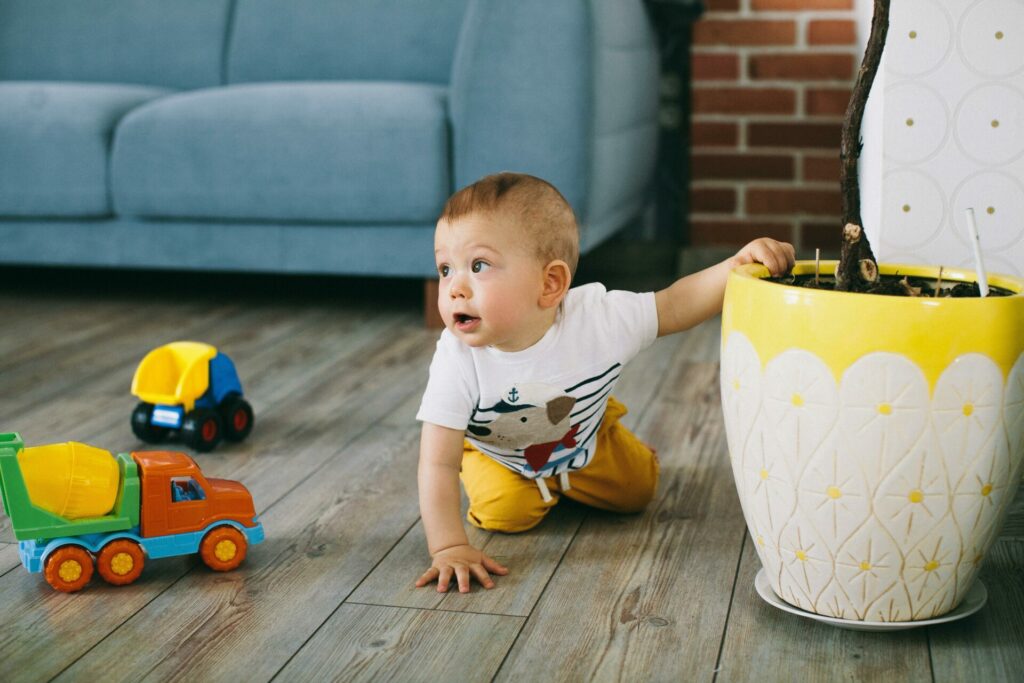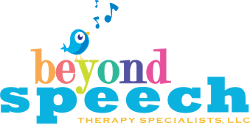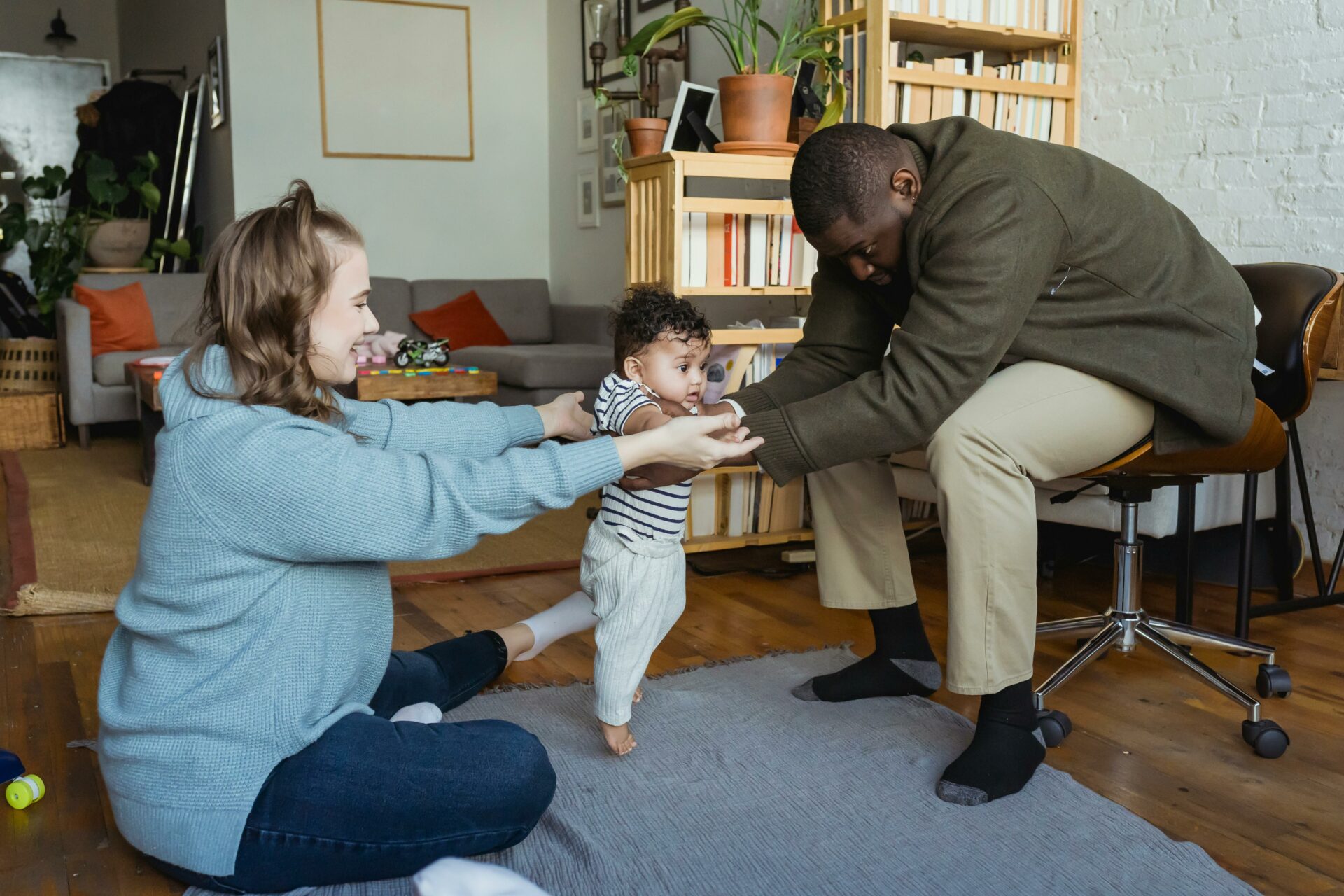As a parent, watching your baby grow and develop is an exciting journey. But what if your little one isn’t crawling or walking when you expect them to?
It can be tough, especially if you’re a first time parent, to manage the expectations you learn in baby books and online for your child’s development.
Well first, know that you’re not alone!
It’s important to know that every child is unique and develops at their own pace. Some babies may skip crawling altogether and go straight to walking while others might find different ways to move, like bottom-shuffling or rolling.
Remember, there’s a wide range of what’s considered “normal” when it comes to your baby’s gross motor skills, including crawling or walking.
However, having a better understanding of these milestones can help you to know when to seek support and intervention if needed.

Understanding Developmental Milestones – Crawling & Walking
Developmental milestones are skills or behaviors that most children can do by a certain age. Crawling and walking falls under the gross motor category and comes with its own set of milestones.
For crawling and walking, here’s what you might typically expect:
- Crawling (6 to 12 months): Most babies will begin to crawl on their hands and knees. Some might crawl backward or scoot on their bellies instead.
- Pulling Up (7 to 12 months): Babies usually start pulling themselves up to a standing position using furniture or other stable objects.
- Cruising (8 to 12 months): Once they can stand, many babies will begin to “cruise” along furniture while holding on for support.
- Walking (9 to 15 months): Most children will take their first independent steps within this timeframe.
Why are these milestones important?
1. Physical development:
Crawling and walking are gross motor skills that help strengthen muscles, build core strength and improve overall coordination.
2. Cognitive growth:
When babies crawl and walk, they are working on coordination which helps build an important part of the brain – the corpus callosum.
3. Independence:
As babies master new skills, like crawling or walking, they are taking important steps towards independence and self-reliance.
While crawling or walking helps to support a baby’s development, remember these are just guidelines and that your child’s developmental journey is influenced by many factors, including genetics, environment, and individual personality.
Signs of Potential Crawling or Walking Delay
If your baby hasn’t started crawling by 10 months or isn’t walking by 15 months, it’s natural to feel concerned. Here are some things to keep an eye out for that may indicate a delay in gross motor skills:
- Limited Movement: Your baby is not attempting to crawl, roll, or scoot.
- Difficulty Pulling Up: They struggle to pull themselves up to a standing position.
- Lack of Cruising: Your baby isn’t moving along furniture or trying to walk while holding onto something.
- Not Bearing Weight: They seem hesitant to put weight on their legs when you hold them up.
What You Can Do at Home To Encourage Crawling & Walking
As parents and caregivers, we play an important role in your child’s overall development!
There are things that you can do in your day-to-day routine to encourage crawling, walking and other gross motor skills.
Create a Safe Space for Movement
Encourage physical exploration by creating a safe area for your baby to move around. Use soft mats or create space on carpeting for your child to explore.
Remove any potential hazards so they can practice crawling and standing without risk of injury. Their ability to move freely in the space will give them lots of opportunity to practice those big movement skills.
Encourage Supportive Playtime
In their safe space, provide age appropriate toys that promote movement. Rolling balls, push toys, and crawling tunnels can motivate your baby to move and explore.
Being a part of playtime will not only help your baby feel more confident and secure but also allow you to see the progress they are making and note any challenges.
Be Patient & Positive
As we’ve said, every baby develops at their own pace. As your child grows, remember to celebrate each little milestone – it’s a big deal for them!
Your positive and patient reinforcement plays a big role in their development so remember to always be their biggest cheerleader.
Ready For Professional Help?
If you have concerns about your child’s development and lack of progress with crawling or walking, you may want to reach out for professional help.
Here are some initial steps to take:
Consult with Your Pediatrician
Your first step should be to schedule an appointment with your child’s doctor to talk about your concerns. They can do a basic assessment of your baby’s overall development and provide further guidance or referrals if needed.
Consider a Physical Therapy Evaluation
You can also consult a pediatric physical therapist who can more thoroughly evaluate your baby’s motor skills and provide recommendations.
At Beyond Speech Therapy Specialists, we have pediatric physical therapists who can design fun, engaging activities that help build your child’s strength, coordination and help them reach big milestones.
When it comes to child development, there are guidelines but each skill falls on a spectrum. Every child’s crawling or walking journey is as unique as they are.
As a parent or caregiver, it’s natural and normal to worry when your baby isn’t meeting milestones as expected, but there is info, resources and professionals ready to help! You are not alone in this journey. Whether your child is an early crawler, a late walker, or anywhere in between, support is available. Our team of pediatric therapists is here to guide you every step of the way, reach out to us at Beyond Speech today!

